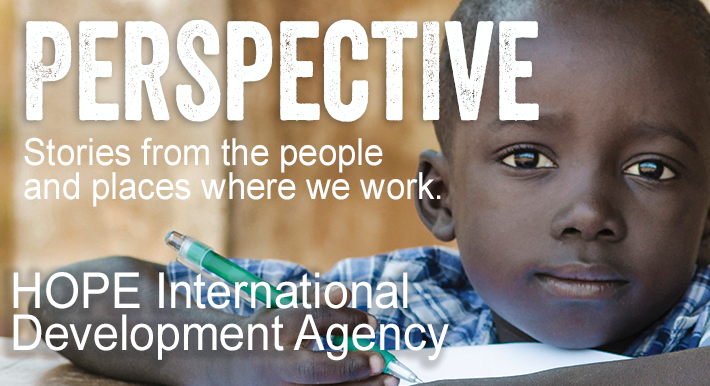

Of all Sub-saharan African nations, Swaziland is being gutted by HIV/AIDS, with one in four Swazi adults currently infected. With this epidemic of AIDS has come an epidemic of orphans. 70,000 children have seen their parents die.
It is mind-boggling. Where do 70,000 children go to sleep, eat, be cared for? We don’t contemplate the logistics of such a tragedy clearly, much less the emotional fall-out, but there are nevertheless extraordinarily difficult basic, everyday matters to attend to in the wake of this death toll. But Swazi survivors, in particular the women, are coping with these issues with a dignity, courage, and practicality that is rarely reported in our discussions of the epidemic.
A few years ago, HOPE International Development Agency discovered a phenomenon in Swaziland that needed to be championed. Female care-givers were starting up their own centers for orphans in several villages in the Malkerns Valley. Called ‘Neighbourhood Care Points’, and cobbled together out of whatever materials were available in the village, these centers became a place for orphans to be fed, educated, and loved. The care-givers donated their time, working in shifts. Each woman contributed what she felt she best could, whether that was cooking a meal for fifty children, teaching a class, or giving affection and attention to traumatized boys and girls.
As with every initiative HOPE takes on, all of the human resources were there before any financing arrived on the scene. But critical material support was needed. We began to construct good, solid, appropriate buildings in place of the rickety shelters passing as Neighbourhood Care Points. The caregivers received the wherewithal to expand, grow vegetable gardens, teach organized classes with the proper equipment, and provide regular, wholesome meals for children under proper shelter.
The pictures (shown above) are of a group of caregivers and a classroom in Esibuyeni village, just one example of several HOPE Neighbourhood Care Points established in partnership with Swazi women. HOPE has plans to do construct more of these as donations come in from our donors. It is extremely important to support the real heroines in this crisis, which is not just a crisis for Swazi people, or Africans in general, but all people. Where there is real courage, we must not let it become discouragement.


No comments:
Post a Comment